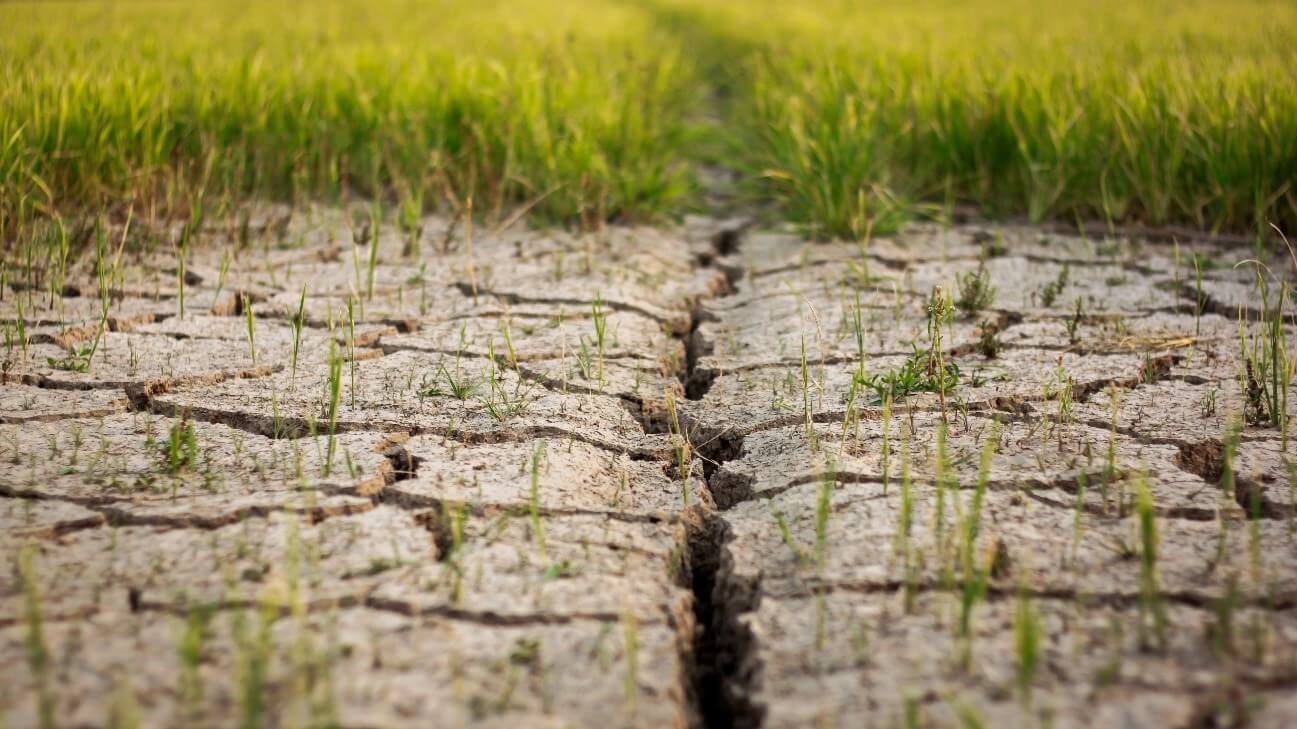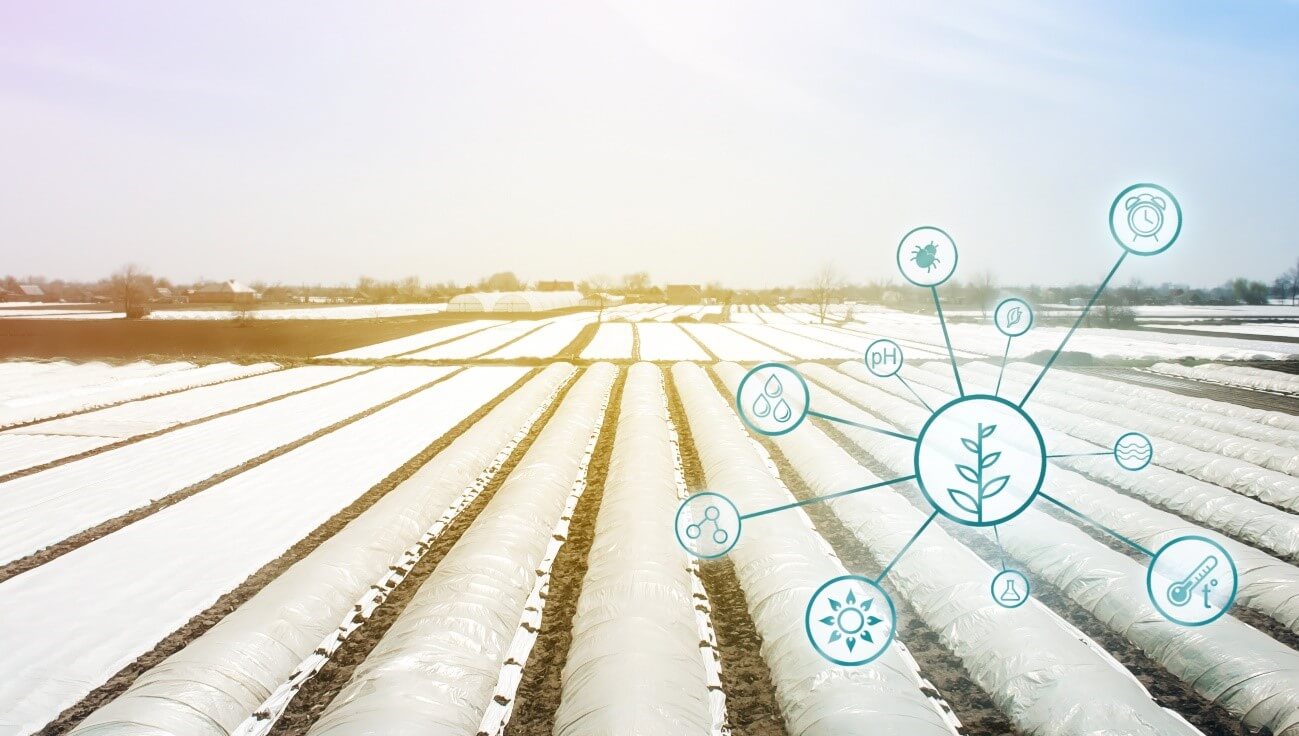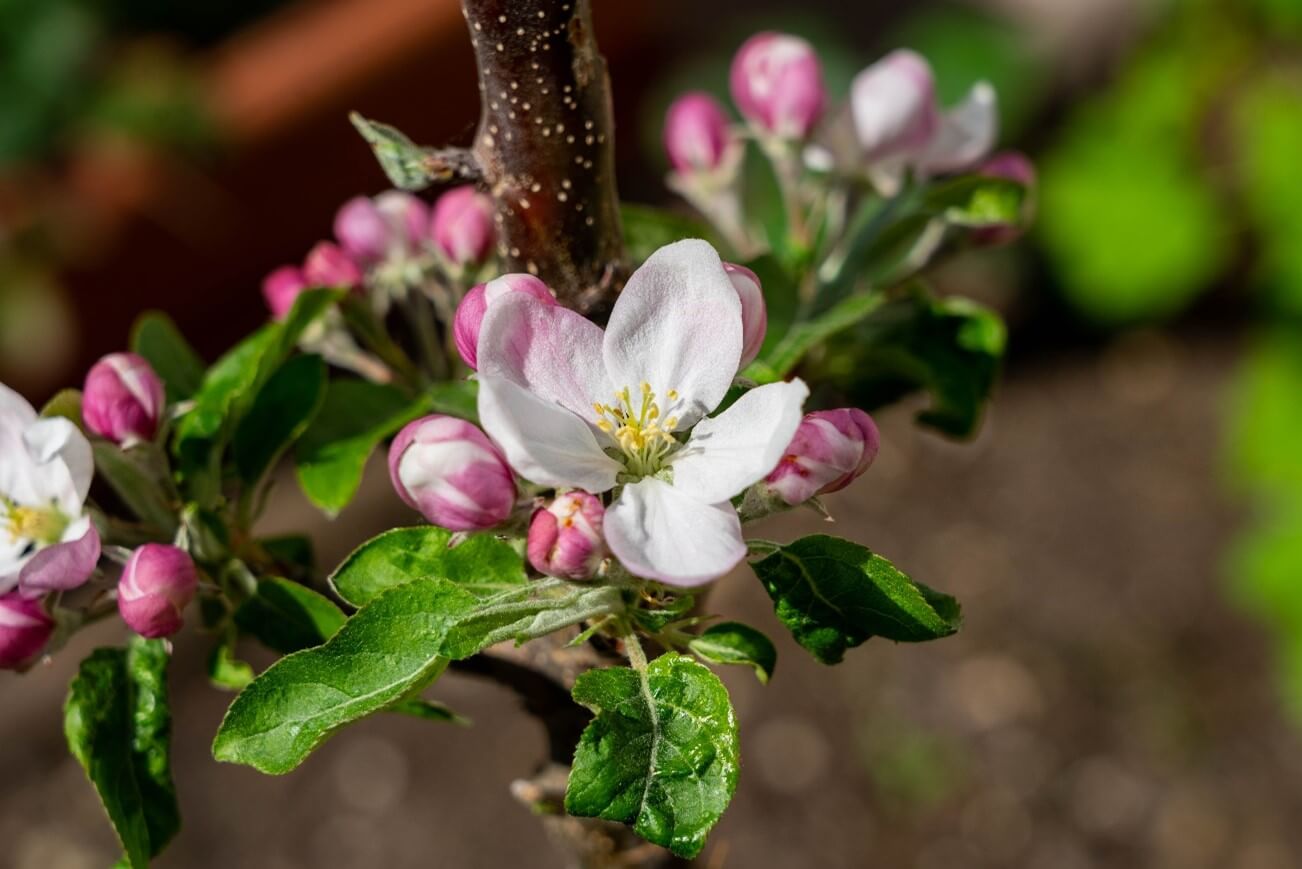The impact of climate change on crop phenology and yield

How does climate change affect global agriculture?
That’s a tricky question that will keep generating much debate over the next few years. Climate change is the main environmental challenge currently facing humanity, and it is a major issue that puts the entire agricultural industry at risk.
Global warming is altering the phenology of numerous crops and forcing experts across the globe to carefully study the situation and develop new agricultural techniques, in an effort to adapt to this new scenario.
What are the main effects and consequences of climate change?
- Global climate imbalances
- Sea level increase
- Extreme weather events and floods
- Heat waves
- Droughts and desertification
- Soil degradation
- Persistence of pests and diseases
But climate change is no different from any other crisis: While many suffer the effects of global warming, some actually get to take direct or indirect advantage of it. Let’s take the wine sector as an example. Over the past few years, grape vine cultivation has been gradually displaced to areas of higher altitude and traditionally lower solar radiation, further away from the equator. That displacement and the development of new varieties have led to an increase of the areas suitable for viticulture in countries such as the United Kingdom and Germany.

Meanwhile, the regions where water is more scarce tend to desertification, leaving little room for the adoption of sustainable management practices that are essential for water preservation.
For example, in Spain or Italy approximately 90% of the area suitable for viticulture will cease to be so in just a few decades. What’s more, even if we were to meet the goal set in the Paris Agreement, that is, limit global warming to well below 2 °C, approximately 56% of traditional viticulture areas would still become unsuitable for this activity (Source: PNAS Scientific Journal).
Despite the bleak outlook, we do have various strategic measures that can help us adapt and fight climate change:
- Development of new varieties with greater resistance to adverse weather conditions and higher temperatures.
- Application of biotechnology to agriculture, in order to develop new solutions capable of improving plant fitness.
- New cultivation areas further to the north, where the production of traditional varieties may be maintained.
- Delaying the planting time of certain summer crops to autumn/winter.

But what’s the actual effect of global warming on crop production?
Considering that warm seasons are getting longer, a potential effect might be the acceleration of the sprouting and, as a consequence, of the flowering stages in numerous crops. Thus, production may increase, especially in northern Europe and America.
However, certain species need to accumulate a minimum of chill hours (below 7 °C) to “wake up” from winter dormancy. In those cases, shorter cold seasons do pose a problem to the grower.

The continuous increase in atmospheric CO2 levels is also one of the underlying causes of climate change, which has led to significant changes in wildlife ecosystems.
As reported in a paper published by Nature Climate Change, satellites have allowed us to observe and quantify the growth of the vegetative surface in most regions of the world thanks to carbon dioxide.
Nowadays, all world regions are up to 40% greener than they were 33 years ago. Since then, the Earth’s vegetative mass has only declined by 4%.
This is due to the so-called carbonic fertilization, a common technique used to reduce CO2 depletion and increase the yield of greenhouse crops. But this effect also occurs, unintentionally, on a global scale, due to the increasing levels of CO2 in the atmosphere.
And that would be the only benefit of the increase in atmospheric carbon dioxide; beyond that, we can only find disadvantages, mainly because of the imbalance between the emission and absorption rates of this gas, which amplifies the effects of climate change.
Through different lines of research, Kimitec aims to mitigate the effects of global warming by applying biotechnology to agriculture. Our team of scientists and technicians develops products that help to reduce plant stress.
Our portfolio includes radically innovative natural solutions such as the biostimulants Batallón, Rhyzo or Bombardier, all of them of plant origin and obtained through bacterial fermentation, which are great allies for the grower and perfect for crop stress relief.
